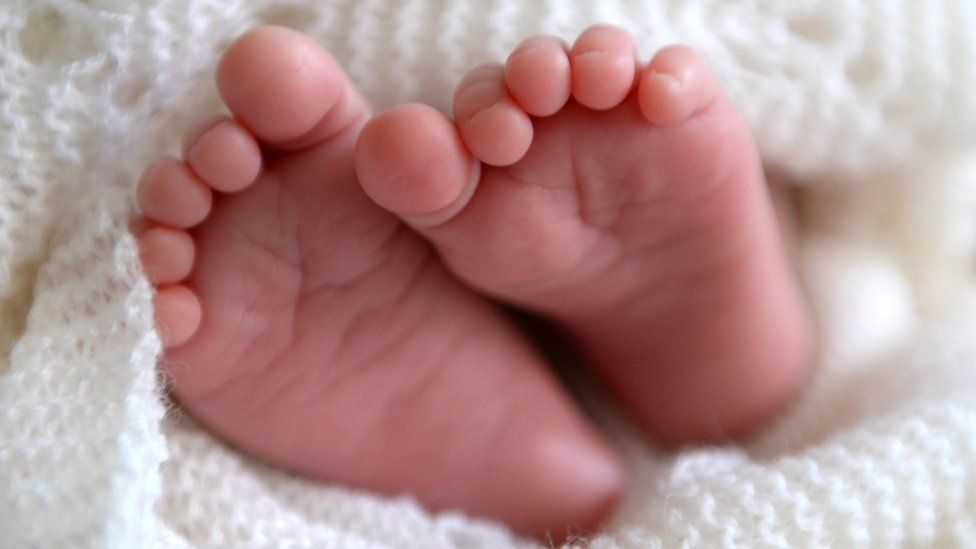文章管理 查看文章


New research is aiming to reduce the number of babies dying or being left with disabilities after being shaken.
The University of the West of England is investigating whether giving prospective and new parents safety tips cuts shaken baby syndrome.
It is assessing the impact of the NHS programme ICON, introduced in 2018 to GP and maternity care.
Dr Mark Lyttle believes lockdown increased the likelihood of babies suffering abusive head trauma (AHT).
The new study follows the death of Remari Collins in August 2020 - 11 days after his father Marcus Carter, 43, shook him when he would not settle at their home in Easton, Bristol.
Carter was jailed for manslaughter but cleared of murder because the act was a "momentary loss of control".
Image source, Avon and Somerset Police
Dr Lyttle, who is leading the research, said: "We have had reports from a number of centres in the UK that they have seen more babies with brain injuries than ever before.
"We also know that whenever society is under stress, like we are at the minute, that that type of thing increases - we saw it in 2009 with the global financial crisis.
"We are getting reports of it now which is why we are really pushing this out and hope it is going to help bring that back down."
Stressful time
Brain trauma, caused when a baby is hit or shaken, is the most common severe injury in babies, according to NHS figures.
This form of abuse affects around 35 in 100,000 babies and is almost completely preventable.
It can lead to lifelong learning, visual and hearing disabilities, and in about 20% of cases, the baby dies.
However, research suggests that these brain injuries could be avoided with clear education and support messages for families about normal crying, especially if given on several occasions.
AHT is most common under the age of one, when babies cry the most.
While it is not always possible to reduce how much a baby cries, ICON aims to cut case numbers by offering coping strategies for parents of under one-year olds.
It is now used in 44 of 54 regions across England.
The new £300,000 university study will evaluate the effectiveness of the programme and is funded by the National Institute for Health and Care Research (NIHR) Policy Research Programme.
It will investigate whether infant head trauma has occurred less frequently since the ICON programme was rolled out, after gathering the . Send your story ideas to: bristol@bbc.co.uk
Related Topics